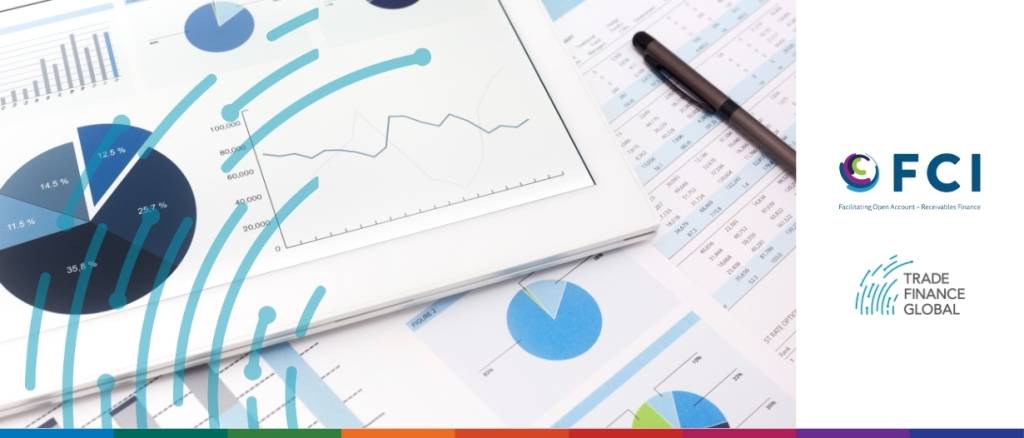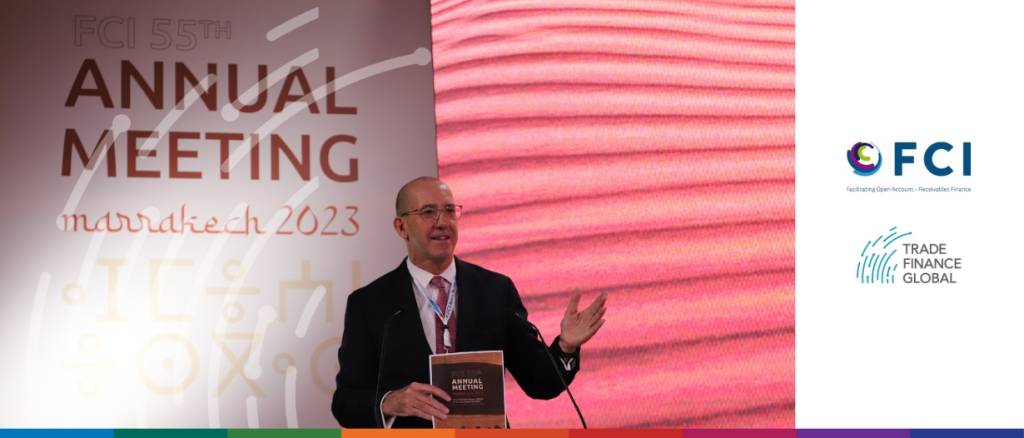FCI has released their Annual Review for 2023, highlighting a return to pre-pandemic stability in the global factoring market.
The EBRD TFP conference gathered industry leaders to discuss evolution of factoring and supply chain finance in emerging markets.
To better understand the principles of financial inclusion, equitable regulation, and sustainable growth in the factoring industry, Trade Finance Global’s (TFG) Deepesh Patel spoke with new FCI Secretary General, Neal Harm.
Factoring in Africa allows businesses to sell their accounts receivable at a discount to gain immediate cash flow, is gaining traction across the continent, buoyed by significant growth and the support of institutions like Afreximbank and FCI.
2024 is set to bring about significant changes in finance and banking. Driven by a convergence of cutting-edge technologies, the industry-wide transition to ISO 20022, the rise of digital currencies, and innovative AI-powered solutions, the year holds promise for considerable advancements and enhanced alignment between fintech and traditional financial institutions.
While it comes with many business benefits, engaging in trade with nations around the world can be a complex process. As a result, it may be tempting to pay your invoices in GBP which, at face value, may seem like a simpler and more beneficial option – but this often isn’t the case.
FCI, the global representative body for the factoring and receivables finance industry, has achieved a significant milestone by securing three major agreements during its annual meeting in Marrakesh.
How could a common platform fluidify and modernise credit insurance operations and provide greater value to the industry?
The success and efficiency of Canadian corporations is integral to the well-being of our economy.
The Brainy Insights, a market intelligence firm, has projected that the global invoice factoring market, valued at $2.74 trillion in 2022, is set to surge to a whopping $6 trillion… read more →
























